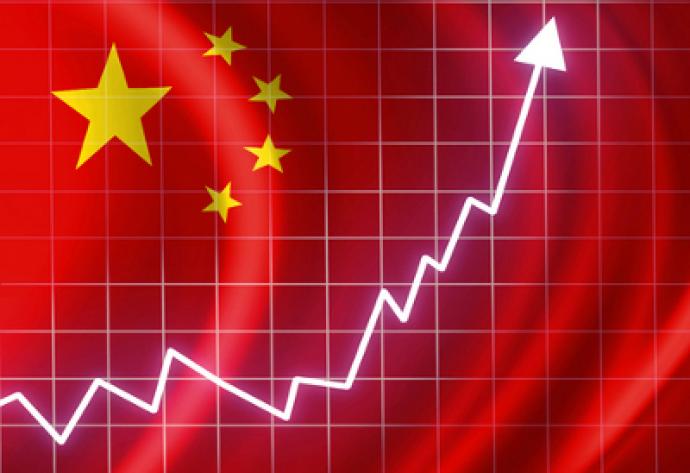The S&P 500 has already given up all its gains from earlier in the year, and there’s precious little positive news to make businesses think that the market will bounce back any time soon. Underwhelming retail sales and industrial production data out of China sent the Dow Jones Industrial Average into a selloff, dropping it to almost 24,000.
Despite this news, retail sales in China still grew 8.1 percent year-on-year in November, boosted by heavy Singles’ Day sales on November 11, but that growth rate was the slowest pace for the superpower since May 2003.
Does this mean the era of unprecedented growth in China is coming to an end? It’s hard to say, but these economic figures will be a major topic when the Chinese government convenes its Economic Work Conference in Beijing next week to set policy for 2019.
Other topics? The heavily depreciating yuan that has inhibited the Chinese appetite for imported luxury goods will be one, as will the Trump administration’s ongoing trade war, which has hurt confidence that Western high-end products would remain popular in China as economic growth slows.
Frederic Neumann, co-head of Asian economics research at HSBC Holdings Plc in Hong Kong, told Bloomberg that consumers are cutting back as “softening domestic demand continues to weigh on growth.”
And more recently, Chinese authorities began cracking down on daigou – personal shoppers abroad who repatriate luxury goods and skirt tax laws – in a move that some saw as an effort to increase domestic spending. While daigou business may be a drop in the bucket that’s the overall economy, it may just be the start of more policy changes to encourage Chinese to spend more at home.
Tiffany & Co., as well as other luxury brands, have blamed lower-than-expected sales in the previous quarter on fewer Chinese shoppers in their overseas stores. Tiffany, however, did note that it saw strong sales within China in the third quarter.
RBC Capital Markets analyst Rogerio Fujimori wrote in an equity research report this week that new e-commerce laws that affect daigou businesses will only hurt luxury businesses in the short term as they turn their attention to shoppers in the mainland. Fujimori added that continued weakness in the yuan could be a drag on luxury brands as fewer Chinese travelers make purchases abroad.
Despite the short-term headwinds facing the economy as a whole, the outlook for luxury sales in China remains fairly stable. Fujimori writes that millennials account for a large proportion of Hermès and Louis Vuitton customers worldwide, and that proportion is higher in China. Unless their shopping habits change drastically, luxury sales in China may not see a significant impact over the next year. (Jing Daily)

